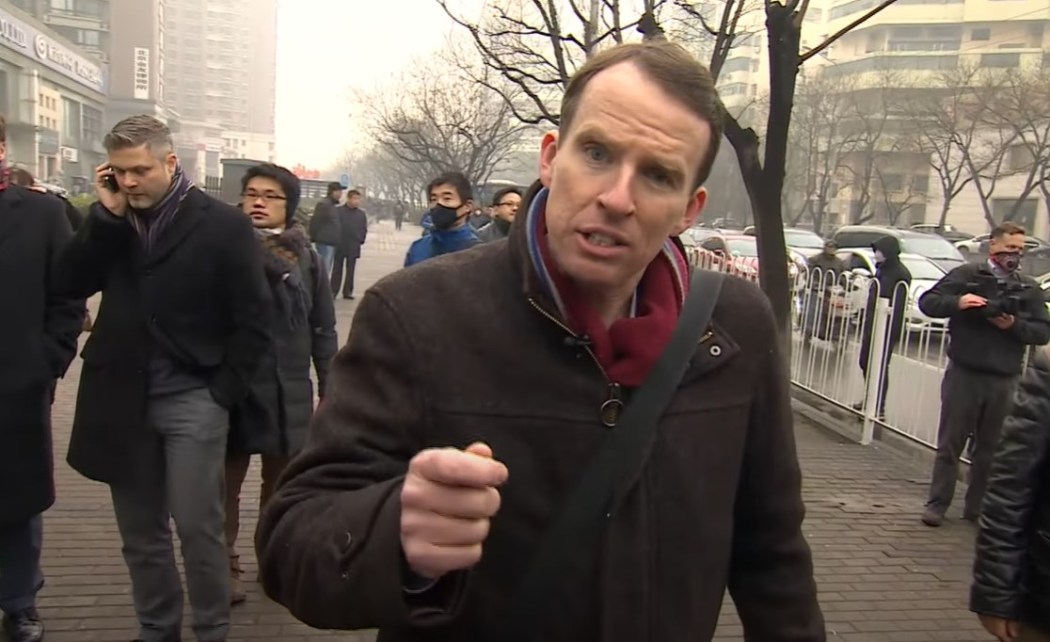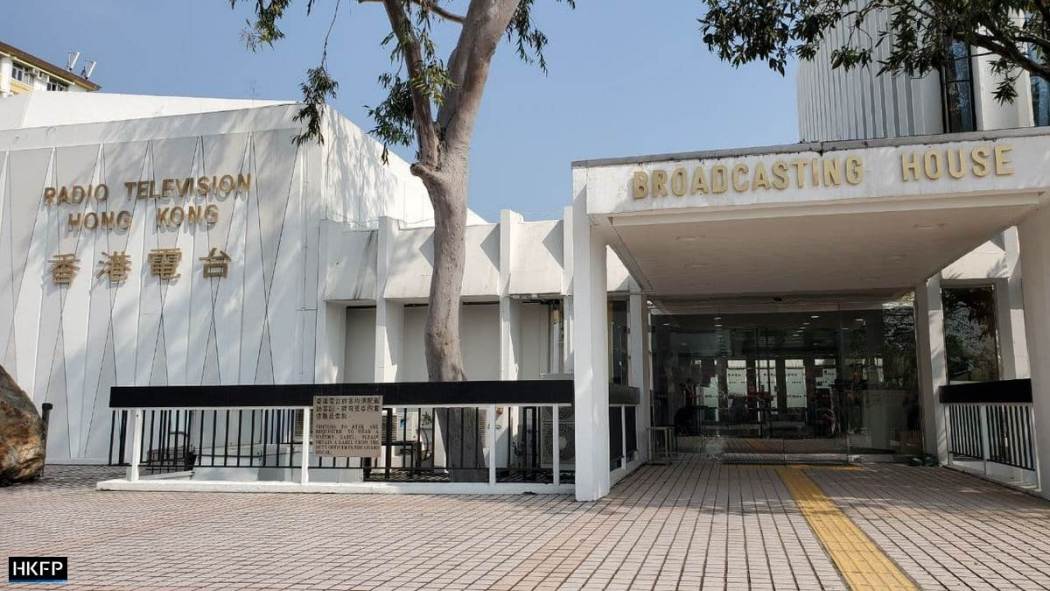After a year of lockdowns, plummeting job numbers, school closures and travel bans, the vaccines against Covid are finally making their way into people’s arms. It has by no means been a perfect process, but for the first time in what seems like an eternity, there is hope that life can eventually return to some semblance of normal.
But the first quarter of 2021 has also seen violence, repression and other attempts to silence free speech and the free press throughout Asia and around the world. The problems that began in 2020 have continued, and in some cases worsened, with no real respite in sight.

Myanmar
Two months after the military coup, some 600-700 civilians including more than 40 children have been killed in protests. The junta has responded to the continuing protest movement by issuing a shoot to kill order: “You should learn … that you can be in danger of getting shot in the head and back.” As the situation on the ground worsens the United Nations Security Council is warning of an imminent bloodbath, and the various ethnic armies within Myanmar’s borders seem on the verge of joining the fighting against government forces.
As the violence rages throughout the country, the junta tries to stifle the free press. According to the New York Times, at least 56 journalists have now been arrested. Some have been released, but at least 25 remain in custody, and at least seven face prison sentences of up to three years for their work. Three photojournalists have been shot and wounded while overall more than 2,000 protesters have been arrested, according to reports.
Military leaders have throttled the internet and begun seizing satellite dishes used to access international TV news broadcasts. The junta has also worked to block social media and outlaw independent online news outlets, revoking the licences of five of them. This has effectively left only state-run news media as legal in Myanmar.

The growing attacks on the press have forced many reporters to stop identifying themselves as media members and try to hide among the crowds at demonstrations. Citizen journalists have been playing a larger role in getting information, photographs and video out of the country.
Bangladesh
Across Myanmar’s western border in Bangladesh, attempts to silence the press and control the news continue. Large protests took place in the capital Dhaka during the visit of Indian Prime Minister Narendra Modi to mark 50 years of Bangladesh’s independence. While protests over Modi’s anti-Muslim policies began peacefully, police fired tear gas and rubber bullets to break up crowds. Scores were injured, many by gunshots.
These attacks led to further demonstrations around the country. They were countered by members of the Chhatra League, the youth wing of Bangladesh’s ruling party, who joined police in attacking protesters, injuring scores. At least a dozen were killed and many arrested.

The Chhatra League members used bamboo sticks to beat members of the press and police armed with iron rods, stones, bricks and rubber bullets joined in. According to the Committee to Protect Journalists, at least 17 journalists, mainly photojournalists, were injured. The injuries included broken bones, a dislocated shoulder and a cracked skull.
China
In China physical violence has been superseded by other methods intended to silence the press. As the United States and some allies impose sanctions on China over its treatment of the Uyghurs, which the U.S. calls genocide, Beijing is fighting back. Companies such as Nike, H&M and Burberry are facing boycotts over statements calling for bans on the use of cotton from Xinjiang. In response to the boycott threats, some of the companies seem to be caving in to the pressure. Researchers and think tanks that work on Xinjiang and Uyghur policies from outside China are also facing a backlash. They encounter online hate, thinly veiled threats, and sanctions from Beijing.

BBC correspondent John Sudworth has relocate to Taiwan with his family after spending nine years in Beijing, saying it is “too risky to carry on” after his reports on Xinjiang. He told BBC radio that he had been under surveillance and faced threats of legal action and intimidation. “We left in a hurry, followed by plainclothes police all the way to the airport through the check-in. The true grim reality for reporters here being made clear all the way to the very end.” China’s foreign ministry said they never threatened him. But Beijing has barred BBC World News from being aired in China over what it calls lies in its coverage of the Uyghurs.
Hong Kong
In Hong Kong the situation is also bleak. Amnesty International in a new report states that the National Security Law enacted last year has been used to greatly restrict freedoms, and stresses that “Press freedom and independent media institutions are increasingly under threat in Hong Kong.” Examples are not hard to find.

Bao Choy faced trial in late March for violating the Road Traffic Ordinance to obtain licence plate information for her documentary on the Yuen Long mob attacks. Judgement in the case is due on April 22.
RTHK has come under fire from pro-Beijing forces for its alleged bias and the current director, Patrick Li, has cut nine news show episodes since taking over. RTHK has also tried to withdraw its submissions to the Human Rights Press Awards. Li has stated that he will ask staff to submit programme plans ahead of production, and says editorial oversight and corporate governance is top priority. Li himself has no broadcasting experience.
The Hong Kong Government plans to restrict public access to the Companies Registry, hiding information on business owners and directors. This can obscure shady corporate dealings and hide the flow of money. It hampers reporting on global money trails, including those involving families of senior Chinese leaders.

Through both physical violence and subtler measures, governments are trying to hide the unsavoury truth of what they are doing. But the murder of hundreds of civilians under a brutal crackdown, genocide against a minority population and government corruption will not stay hidden forever.
Journalists and researchers the world over will continue to do their jobs and reveal what these governments would like to hide. But once the facts are known, it is up to international bodies to take the next step. If nothing is done, it will not be for lack of information.
Support HKFP | Policies & Ethics | Error/typo? | Contact Us | Newsletter | Transparency & Annual Report | Apps
| HKFP is an impartial platform & does not necessarily share the views of opinion writers or advertisers. HKFP presents a diversity of views & regularly invites figures across the political spectrum to write for us. Press freedom is guaranteed under the Basic Law, security law, Bill of Rights and Chinese constitution. Opinion pieces aim to point out errors or defects in the government, law or policies, or aim to suggest ideas or alterations via legal means without an intention of hatred, discontent or hostility against the authorities or other communities. |
Help safeguard press freedom & keep HKFP free for all readers by supporting our team

More HKFP OPINION:
HKFP has an impartial stance, transparent funding, and balanced coverage guided by an Ethics Code and Corrections Policy.
Support press freedom & help us surpass 1,000 monthly Patrons: 100% independent, governed by an ethics code & not-for-profit.










